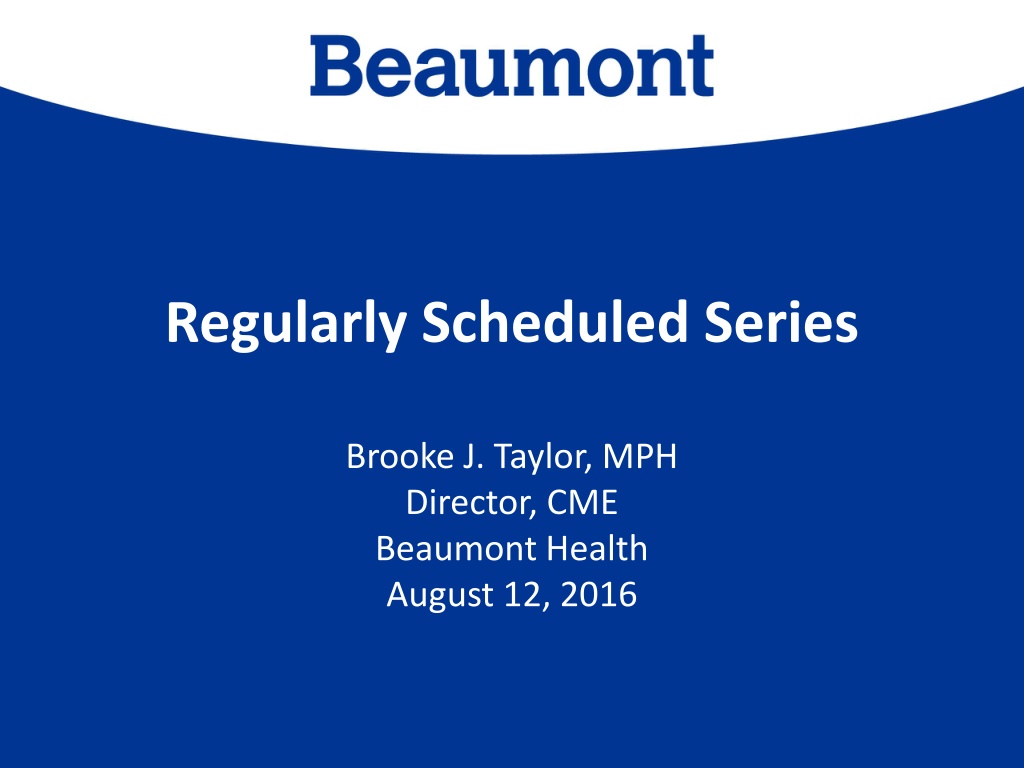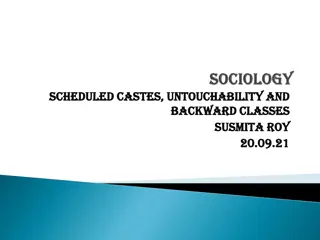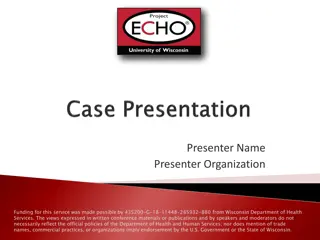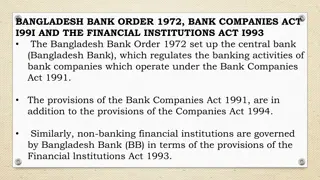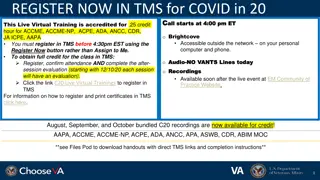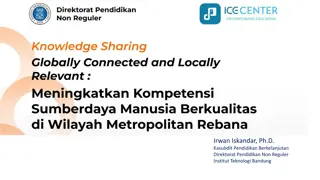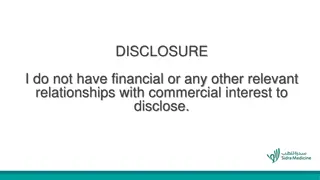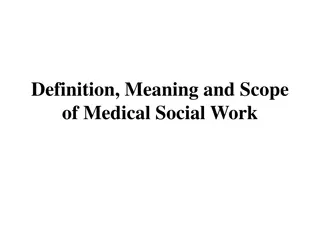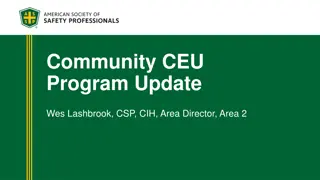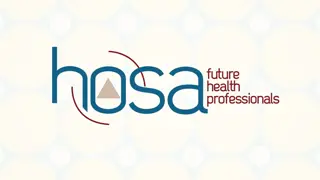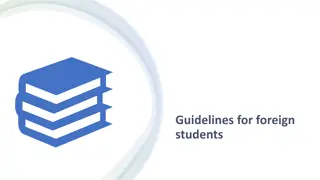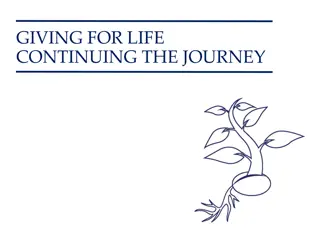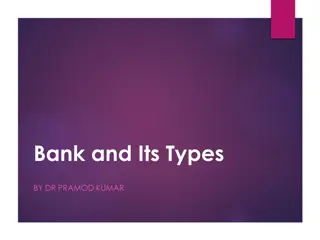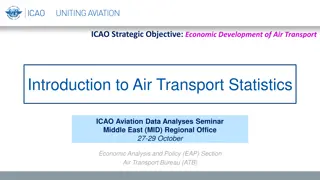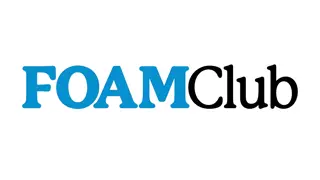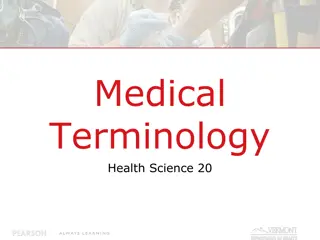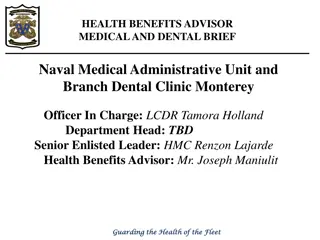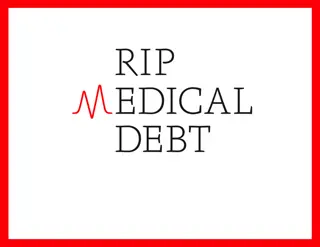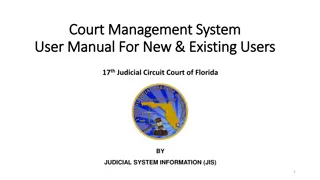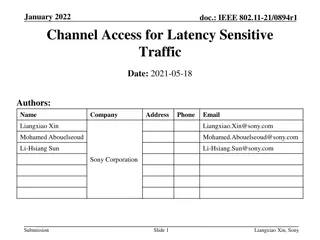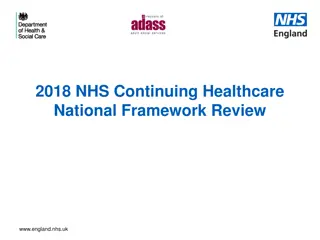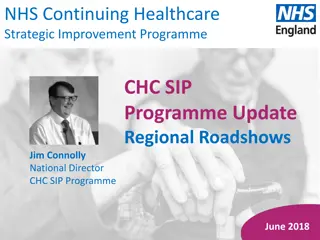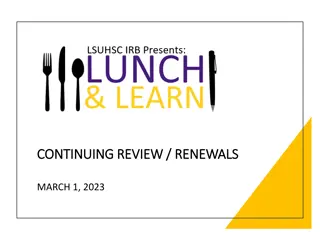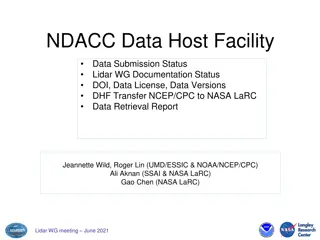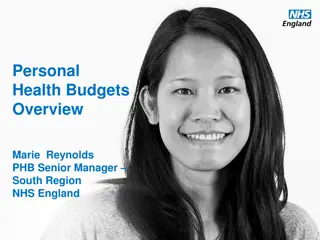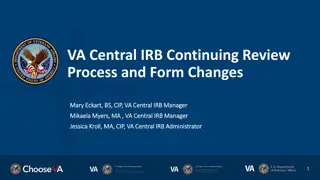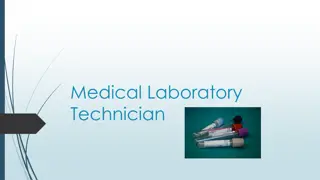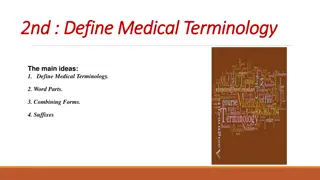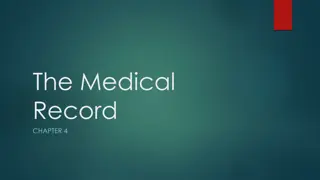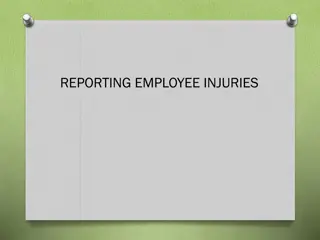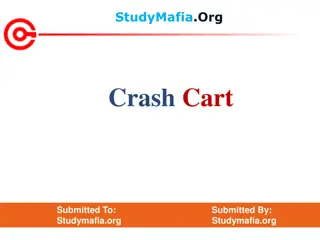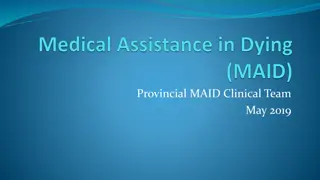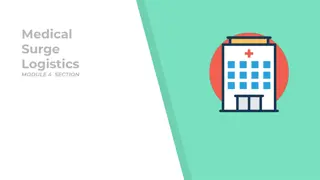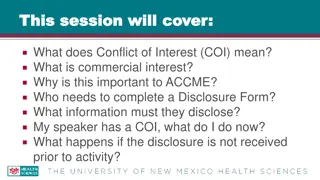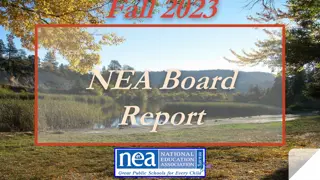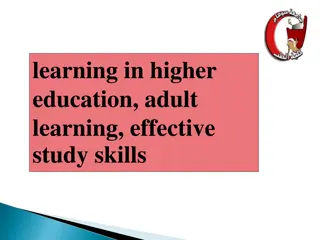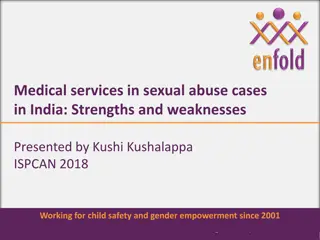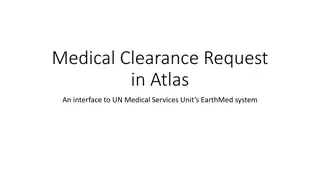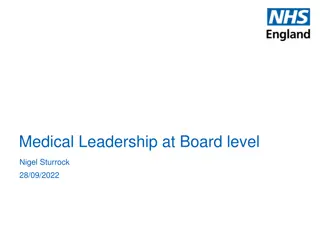Understanding Regularly Scheduled Series in Continuing Medical Education
This presentation provides insights into regularly scheduled series (RSS) in Continuing Medical Education (CME) at Beaumont Health. Topics covered include the background of CME involvement, number of series certified annually, types of credits offered, accreditation requirements, and professional practice gaps. The information is based on ACCME/MSMS standards for allopathic CME and is presented by an expert in the field.
Download Presentation

Please find below an Image/Link to download the presentation.
The content on the website is provided AS IS for your information and personal use only. It may not be sold, licensed, or shared on other websites without obtaining consent from the author. Download presentation by click this link. If you encounter any issues during the download, it is possible that the publisher has removed the file from their server.
E N D
Presentation Transcript
Regularly Scheduled Series Brooke J. Taylor, MPH Director, CME Beaumont Health August 12, 2016
Background How long have you been involved with CME? <1 year 1-3 years 3-5 years >5 years >10 years 10/4/2024 2
Background How many regularly scheduled series does your organization certify each year? <10 11-30 31-50 >50 Beaumont Health 2016 (8 hospitals) 260+ RSS 4,000+ individual sessions!
Background Which type of credit do you certify your RSS for? AMA PRA Category 1 (allopathic) MSMS AOA (osteopathic) Beaumont Health 2016 (8 hospitals) 240+ RSS Allopathic CME 20+ - Osteopathic 1-B 10/4/2024 4
Disclaimers The information presented here relates to the ACCME/MSMS requirements for allopathic CME only. I serve on the Accreditation Review Committee for the ACCME and Accreditation Committee for MSMS. However, this presentation reflects my own views and interpretations of the accreditation requirements. 10/4/2024 5
RSS Defined 1) a series with multiple sessions that 2) occur on an ongoing basis (offered weekly, monthly or quarterly) and 3) are primarily planned by and presented to the accredited organization s professional staff. Examples: Grand Rounds, Tumor Boards, Case Conferences, Journal Clubs, M&M Conferences. Source: ACCME
Documentation Does the ACCME have special accreditation requirements that apply ONLY to Regularly Scheduled Series (RSS)? Yes No 10/4/2024 7
Documentation Does the ACCME have special accreditation requirements that apply only to Regularly Scheduled Series (RSS)? 10/4/2024 8
Professional Practice Gaps Do we need to have a unique professional practice gap for each session of a Regularly Scheduled Series (RSS)? Yes No 10/4/2024 9
Professional Practice Gaps Do we need to have a unique professional practice gap for each session of a Regularly Scheduled Series (RSS)? 10/4/2024 10
Example: Tumor Board Surgeons often encounter difficult cases; this series is designed to reduce the occurrence of morbidity & mortality of tumors and assist our physicians with meeting national guidelines for the treatment of patients with these tumors. ---------------- This tumor board reviews complicated and unusual patient cases. Unnecessary testing and toxicities have been in practice and improvements need to be made. There is a need to develop a multi-disciplinary treatment plan for cancer patients that is current, meets national standards, and incorporates clinical trials when appropriate. 10/4/2024 11
Example: Morbidity & Mortality This series allows physicians to discuss unexpected or undesirable patient cases in order to identify what happened and try to prevent it from occurring again in the future. Deficiencies in practice are discussed and peer reviewed literature is used to aid in the resolution of clinical problems. ---------------- Occasionally something undesirable or unexpected occurs to a patient cared for in the department of medicine. This meeting is designed to identify what occurred and try to prevent it from occurring again in the future by highlighting real or potential quality problems. Cases are chosen from those tracked through QA mechanisms - problem cases identified by "variances" autopsies or random chart review. 10/4/2024 12
Example: Grand Rounds Topics run the gamut of problems that impact medical practice and are chosen due to significant changes or improvements important to internists. Internists often have difficulty identifying and incorporating best practices. ---------------- Emergency Medicine physicians often see patients presenting with challenging and uncommon disease states and don't always know the best course of treatment. 10/4/2024 13
Evaluations Do we need to evaluate every session of a Regularly Scheduled Series (RSS)? Yes No 10/4/2024 14
Evaluations Do we need to evaluate every session of a Regularly Scheduled Series (RSS)? 10/4/2024 15
RSS in PARS Report each series as one activity. Report the number of hours as the cumulative number of hours for all sessions within the series. Example: Internal Medicine Grand Rounds meets weekly for one hour/week. In PARS, the series would be reported as one activity with 52 hours of instruction. Each physician is counted as a learner for each session he/she attends in the series. Example: If 20 physicians attend each session = 1,040 physician participants (20 physicians/session x 52 sessions). 10/4/2024 16
Reaccreditation Performance-in-Practice 2 options: 1. Structured Abstract 2. Labels Must use only 1 approach 10/4/2024 17
Labels Label documents within your selected activity files to demonstrate compliance with each of the ACCME requirements. 10/4/2024 18
10/4/2024 19
Labels List individuals for ALL Sessions for ENTIRE series C7 A list of all individuals in control of content of CME activity and specify their role (e.g., planner, faculty, reviewer). C7 Relevant financial relationships that individuals in a position to control the content of CME disclosed to the provider. (SCS 2.1) C7 Verification of the implementation of our mechanism(s) to identify and resolve conflicts of interest prior to the start of the activity. (SCS 2.3) C7 Verification that disclosure of relevant (or no) financial relationships was made to learners prior to the beginning of the activity. (SCS 6.1-6.2, 6.5) Show documentation for ALL Sessions for ENTIRE series If applicable, place multiple labels on each document for example, a completed disclosure form might include 2+ labels 10/4/2024 20
Reaccreditation Abstract Complete the abstract form for each activity. Complete all sections applicable for the activity and assemble attachments. FOR RSS: Submit evidence for the ENTIRE series, not just for a single session or a sampling of sessions. The entire series is the activity. 10/4/2024 21
10/4/2024 22
Disclosure List all individuals involved for the entire series 10/4/2024 23
Abstract Attachments Attachment 1: Activity Topics/Content Date Topic Speaker 1/6/16 Updates in Diabetes Management Tim Johnson, MD 2/5/16 Osteoporosis for the Primary Care Provider Jan Jones, DO 3/6/16 Integrative Medicine Jim Smith, MD 10/4/2024 24
Abstract Attachments Attachment 2: Form, tool, or mechanism used to identify relevant financial relationships for all individuals in control of content. ****Make sure your form/tool/mechanism includes the current definition of a commercial interest**** any entity producing, marketing, re-selling, or distributing health care goods or services consumed by, or used on, patients. 10/4/2024 25
Abstract Attachments Attachment 3: Evidence of resolving conflicts of interest ****include documentation how you resolved conflicts for every applicable session within the activity Attachment 4: evidence that disclosures were communicated to learners ****show documentation of communication of disclosures to attendees for each session of the series 10/4/2024 26
Abstract Attachments Attachment 5: data or information generated about changes in learners competence, performance, or patient outcomes Attachment 6: ACCME accreditation statement that was provided to learners 10/4/2024 27
Commercial Support? Attachment 7: income and expense statement detailing receipt and expenditure of support Attachment 8: executed letters of agreement Attachment 9: evidence of disclosure of commercial support provided to learners 10/4/2024 28
Questions? Brooke Taylor brooke.taylor@beaumont.edu 248-551-0908 10/4/2024 29
